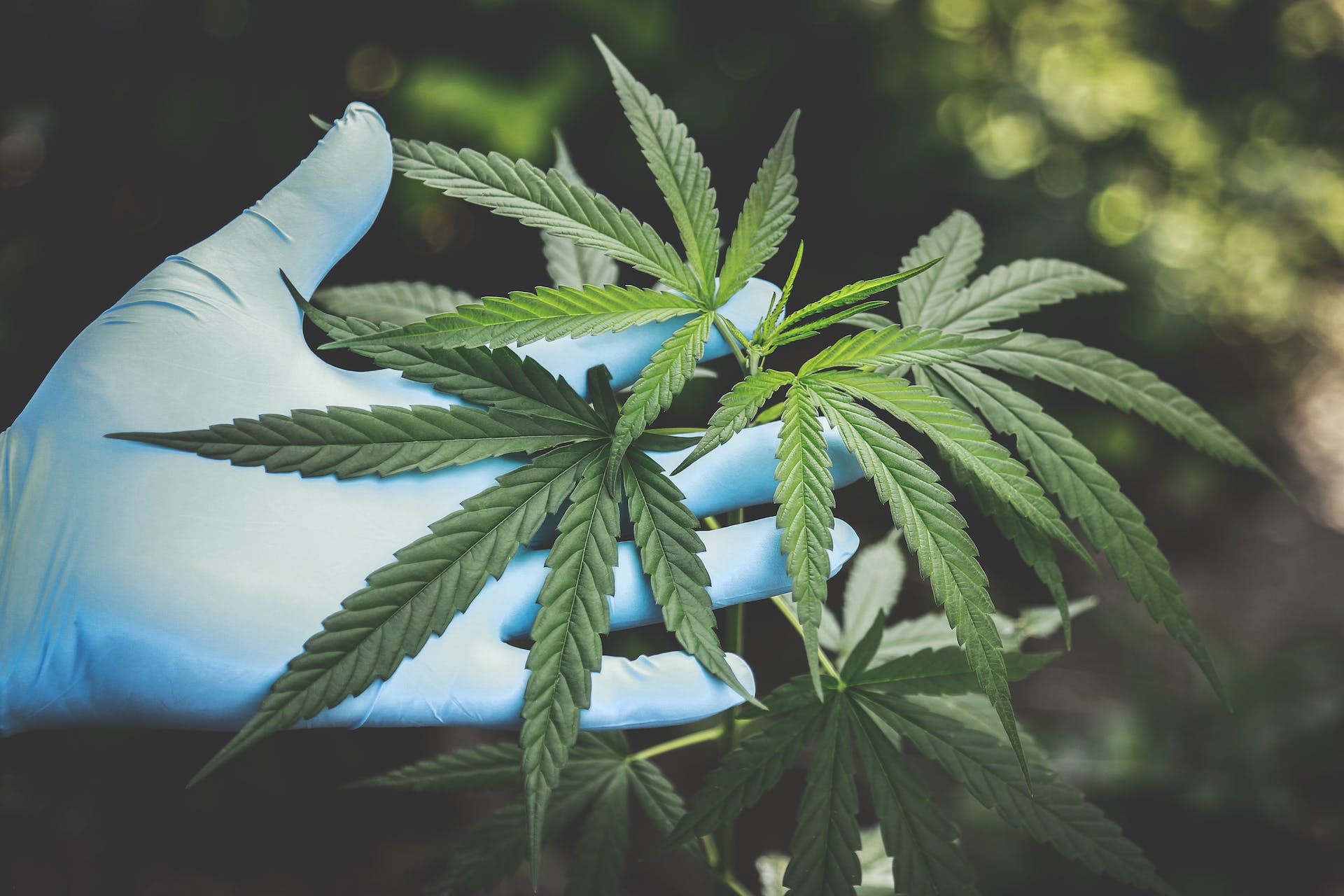Chronic Kidney Disease (CKD) is a prevalent and often challenging condition that affects millions of people worldwide. As traditional medical treatments continue to evolve, alternative therapies like hemp oil have gained attention for their potential benefits. In this article, we'll explore the question: What is hemp oil treatment for chronic kidney disease?
What is Chronic Kidney Disease (CKD)?
Before delving into hemp oil treatment, let's briefly understand what Chronic Kidney Disease is. CKD is a progressive condition in which the kidneys gradually lose their function over time. It is characterized by the accumulation of waste products and fluids in the body, leading to a range of symptoms and complications.
The Promise of Hemp Oil
Understanding Hemp Oil
Hemp oil is derived from the seeds of the hemp plant, Cannabis sativa. Unlike its more well-known counterpart, CBD oil, hemp oil doesn't contain significant levels of cannabinoids like THC. Instead, it is rich in essential fatty acids, vitamins, and minerals, making it a nutritional powerhouse.
Anti-Inflammatory Properties
One of the primary reasons hemp oil is gaining attention in the context of CKD is its anti-inflammatory properties. Inflammation plays a crucial role in the progression of kidney disease, and hemp oil's ability to reduce inflammation may have a positive impact on the kidneys.
Antioxidant Effects
Hemp oil is also known for its antioxidant effects. Antioxidants help neutralize free radicals in the body, which are molecules that can damage cells and contribute to various diseases, including kidney disease. By reducing oxidative stress, hemp oil may support overall kidney health.
Managing Symptoms
While hemp oil is not a cure for CKD, some individuals report that it helps manage symptoms associated with the condition. These may include pain, nausea, and loss of appetite. It's important to note that individual responses to hemp oil can vary, and its efficacy is still an area of ongoing research.
How to Incorporate Hemp Oil into CKD Treatment
Consultation with a Healthcare Professional
Before integrating hemp oil into your CKD treatment plan, it's crucial to consult with your healthcare provider. They can provide personalized advice based on your medical history, current medications, and the severity of your kidney disease.
Choosing a High-Quality Hemp Oil
If your healthcare provider gives the green light, selecting a high-quality hemp oil is essential. Look for products that are third-party tested, ensuring they meet safety and potency standards. Organic, cold-pressed hemp oil is often preferred for its purity.
Start with Low Doses
If you're new to hemp oil, start with low doses and monitor how your body responds. Gradually increasing the dosage allows you to gauge its effects and minimize the risk of adverse reactions.
Potential Risks and Considerations
While hemp oil shows promise, it's crucial to acknowledge that its use for CKD is not without potential risks. Some individuals may experience side effects, such as digestive issues or allergic reactions. Additionally, the interaction between hemp oil and certain medications is an area that requires further research.
Conclusion: A Holistic Approach to CKD Management
In conclusion, the question of "What is hemp oil treatment for chronic kidney disease?" is complex. Hemp oil shows potential in managing symptoms and supporting kidney health, but it should be viewed as part of a holistic approach to CKD management.
As research in this field continues, individuals considering hemp oil as a complementary therapy should prioritize open communication with their healthcare providers. Together, with the right information and guidance, patients and healthcare professionals can work towards personalized treatment plans that address the unique challenges posed by chronic kidney disease.

